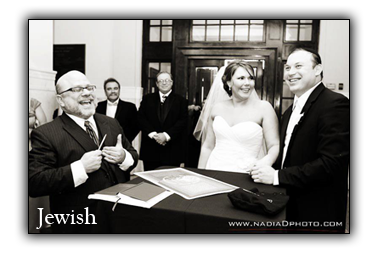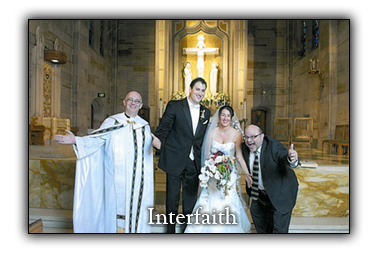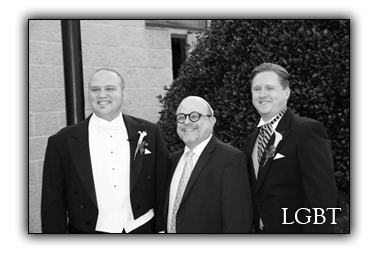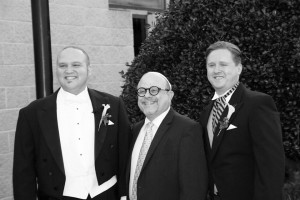When I was in seminary, thirty years ago, I once heard a lecture by a well-known Rabbi. The lecture, as I recall, was on “How to be a congregational Rabbi.”
I was twenty-eight when I heard that lecture and, if truth be told, I was scared to death of becoming a Rabbi. Like any grad student, I had never gotten my hands dirty in the everyday practice of my chosen profession.
At that point in my life, I only had an intellectual view of what Rabbis actually do with their time. I had never actually been a Rabbi.
As sure as it was only last week, I remember my opaque fear as I stammered to this veteran Rabbi.
“Tell me exactly what I will do as a Rabbi,” I said. “I know that I will conduct religious services, that I will perform baby namings, bar mitzvahs, weddings and funerals. But tell me,” I must have mewled with anxiety, “What do we actually do? What is a Rabbi’s purpose?”
Without dropping a beat he said to me, “A congregational rabbi’s job is to stand around and watch significant moments in other people’s lives and then to help them find meaning in those moments…”
To be a rabbi is “to stand around and watch.”
I received my (Google) Glass on December 31, 2013. As one year bled into another I had no sense of how Glass might change or reinforce my perspective on being a Rabbi.
All I knew for sure that week was that I had to officiate at the wedding of Ari and Noelle on January 4, 2014 in northern Georgia. I carried Glass with me on this first ever attempt to observe and record a significant event in someone else’s life.
I knew I could not actually whip out my Glass, unannounced, during the wedding ceremony because brides have been known to hyperventilate if wedding services don’t go as planned!
Luckily for me, there is always a small semi-private ceremony that comes before the public wedding ceremony, called the signing of the ketubah (a Jewish wedding contract). There were only about twenty people gathered in the room that night for the signing of the ketubah.
I asked Ari and Noelle if they minded if I took their picture, before the ceremony, with Glass. Without dropping a beat they both said “Sure!” I should have known Glass would not freak them out, even on their wedding day. Noelle is a cardiac nurse and is around myriad technologies every day, which help manage the treatment of countless cardiac patients. Ari, the groom, is an avionics engineer, who helps design and implements airplane technologies. In other words, this is a guy who uses advanced technology, as well, every day of his life!
So I took Ari and Noelle’s first wedding picture with Glass and then began to put them away.
But before I could put my Glass away one of the groomsmen said something like “Yo! Let me try those on!” I had not anticipated that all of the groomsmen were engineers or IT guys.
The bridal party had a great time, as they took pictures of each other with Glass just before the wedding commenced.
What do I most remember of that first Jewish wedding ever recorded by Glass? I have pictures of the most intimate moment of the ceremony and of those who were present in that small room as we signed their license (ketubah).
A few minutes later Ari and Noelle came to the huppah (the Jewish wedding canopy). I put my Glass away, as I watch them speak their vows. With the help of Glass I had accomplished what my Rabbi has told me was my purpose years before. I had stood around at an important event in someone else’s life and wearing Glass that day had made me infinitely aware that I had participated in something infinitely deep and something infinitely holy.





